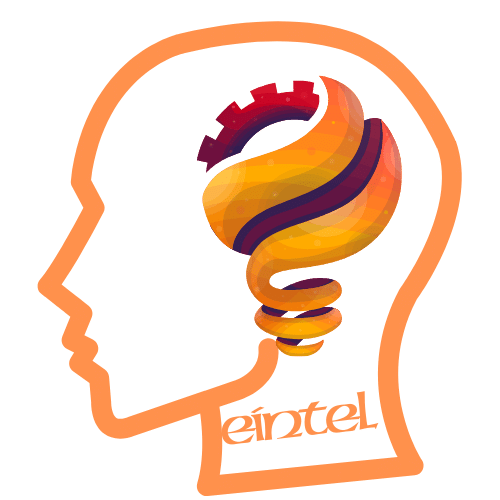How we do it
We create a change in culture with a change in thinking. What you think becomes a reality and change happens in a positive way if you get your strategy as well as implementation right.
Growing Small Business
How we create change
Eintel organisation uses cutting edge technology in coaching to boost the business growth.
“Coaching is the art of facilitating the performance, learning and development of another.”
Coaching, implemented at an individual and organizational level, can deliver dramatic results and drive significant financial impact to the bottom line. Today’s values-based organizations employ coaching to build alignment, to develop their current and future leaders, and to ensure the success of corporate training programs. Coaching is about action and results!
Just as a football coach coaches a football team, a corporate coach coaches an organisation, focusing on the corporate team and corporate vision, mission, values and strategy.
Coaching is a structured process-driven relationship between a trained professional coach and an individual or team which includes: assessment, examining values and motivation, setting measurable goals, defining focused action plans and using validated behavioural change tools and techniques to assist them to develop competencies and remove blocks to achieve valuable and sustainable changes in their professional and personal life- Zeus and Skiffington (‘The Complete Guide to Coaching at Work’ -McGraw-Hill).
Emotional Intelligence coaching is one of the most refined methods of coaching as all human beings have a cognitive as well as emotional process of learning and doing things. The cognitive process can be procrastinating due to fear of inadequacy or imperfection. Emotional process has a strong leverage and drives from inside for seeing a completion for satisfaction.
The ultimate goal of coaching is to help individuals develop internal and external structures that help them achieve sucess and increase the potential by expanding their sense of what is possible.Emotions drive a person better than any thing else, Emotional Intelligence coaching thus bring the best results. Denial Goleman (1995) has stated Emotional Intelligence as to be a good predictor of success.
Coaches encourage individuals to develop the necessary skills, attitudes, and knowledge that will help them develop action plans to meet goals. In the coaching process coaches are seen as collaborators that work with the individual by tackling obstacles such as time management, organization, problem solving, and navigating through the learning curve by using support, encouragement, teaching skills, and goal setting (Davidson & Gasiorowski. 2006).
Whitworth, et al. (1998) found that the primary reasons why clients want coaching is “change; they want to see results”. Clients want a “better quality of life – more fulfillment, better balance – or a different process for acomplishing thier desires”.
Coaching, implemented at an individual and organizational level, can deliver dramatic results and drive significant financial impact to the bottom line. Today’s values-based organizations employ coaching to build alignment, to develop their current and future leaders, and to ensure the success of corporate training programs. Coaching is about action and results!
Organisations that incorporate coaching into their culture see sustainable improvements in key areas, including internal and external communications, productivity, employee attitudes, and recruitment and retention of staff.
To find out more, please ring 01924666266

